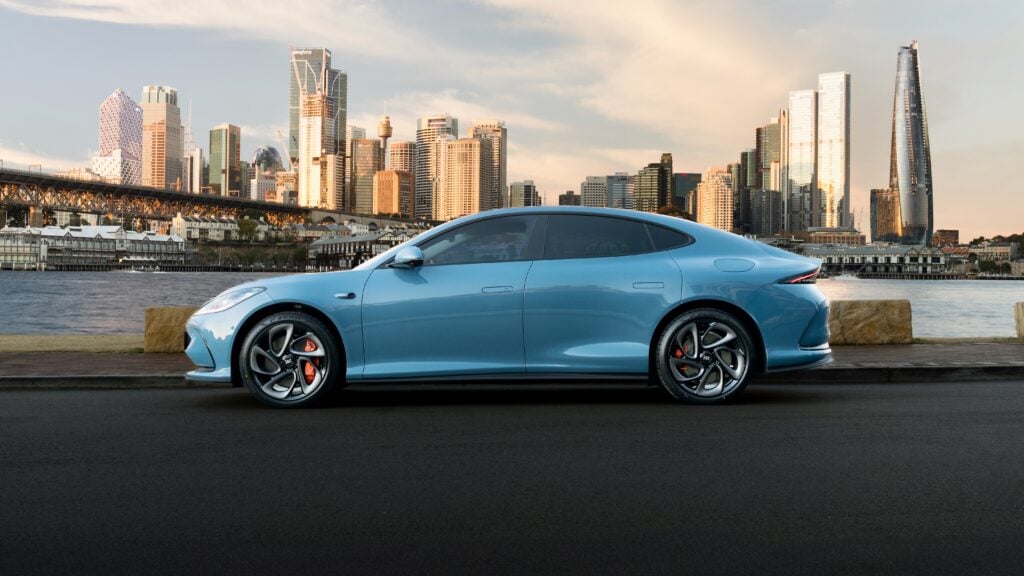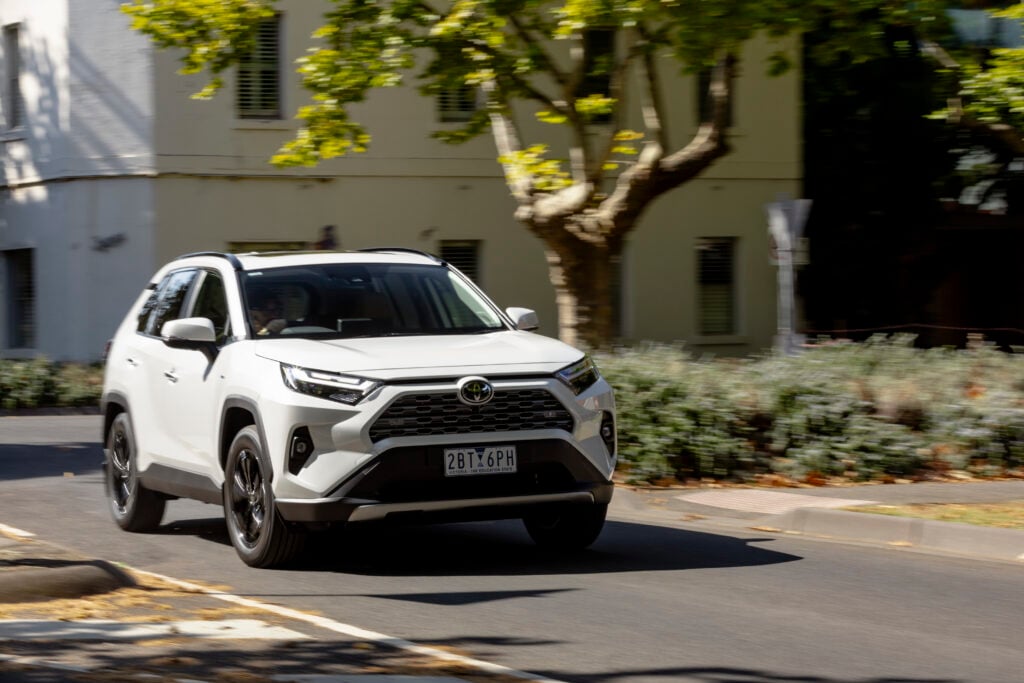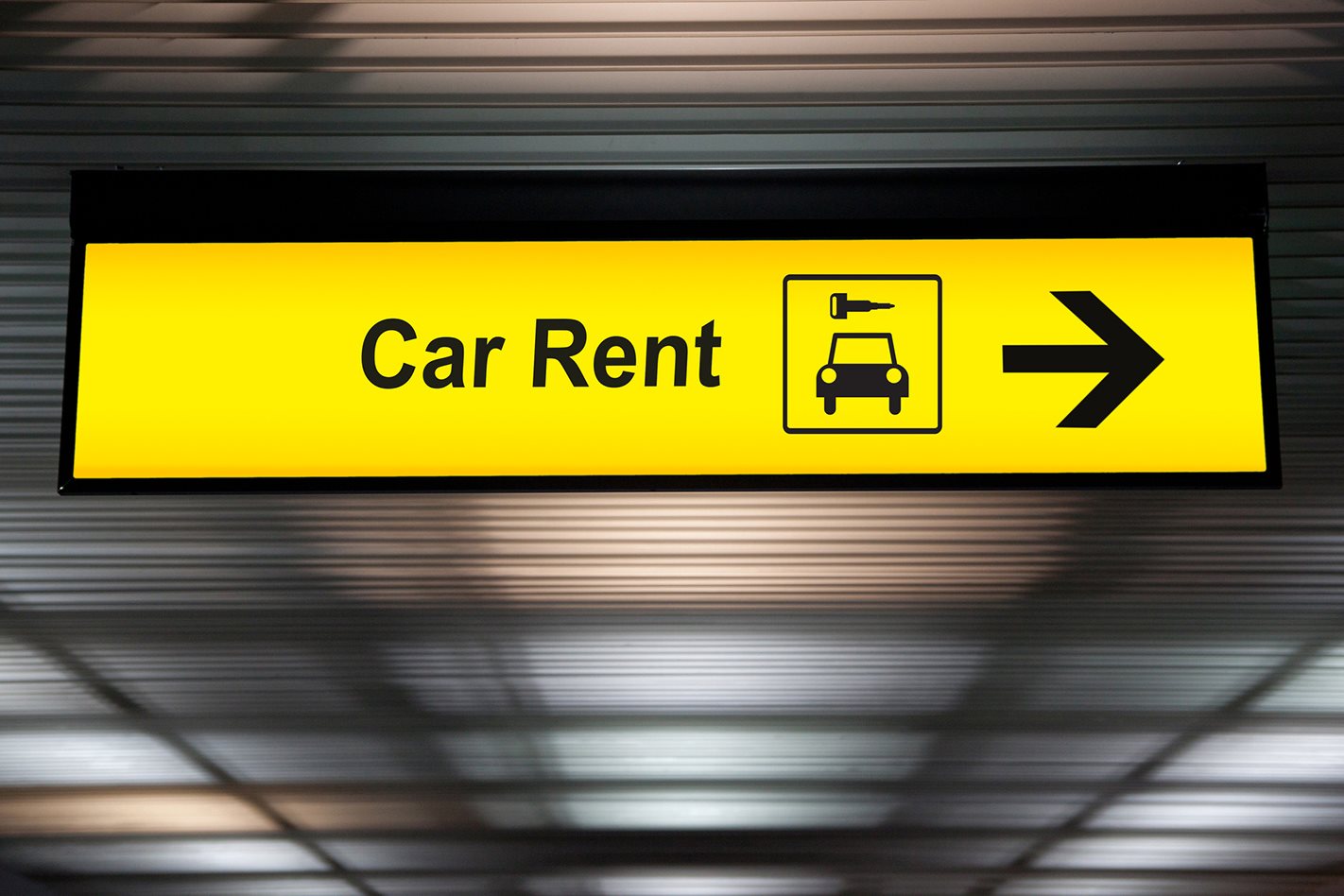
Contrary to popular belief, when you fork out extra for rental car insurance you’re not actually paying for the car to be insured. It’s already covered – what you’re paying for is the collision damage waiver (CDW – also known as Loss Damage Waiver) that insures you for their insurance excess and for any time the car is out of action due to having been damaged or stolen.
There are a few ways you can get CDW cover – either through your travel insurance, credit card, a third party insurer, or through the rental company itself.
There are pros and cons for each.
Rental company CDW
Rental companies charge a lot for a waiver, often more than $30 per day, which can be more than the actual daily rental cost of a light hatchback.
On the plus side, if you do return a car with damage or the car is stolen it’s immediately sorted and you only have to pay your nominated excess. Of course this is assuming the damage didn’t occur in a manner that was in breach of the rental contract terms and conditions or road laws.
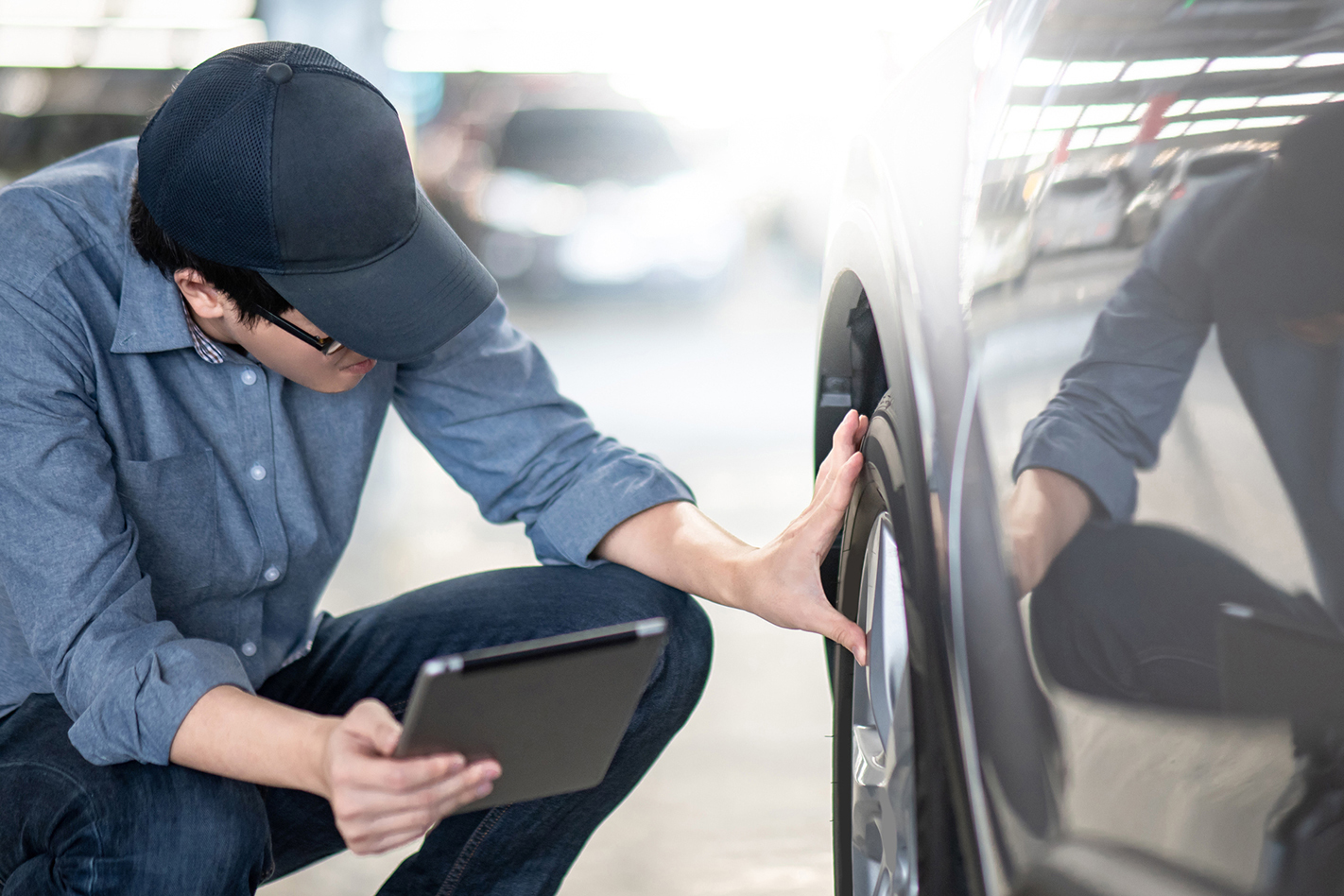
The rental CDW should also cover things like:
- Admin fees
- Towing charges
- Loss of use – the revenue lost while the car is being repaired
- Diminished resale value
Separate CDW insurance
Taking out an independent CDW policy is a lot cheaper, or can cost nothing at all if it’s part of an existing insurance policy or credit card benefits.
However, if there is damage to the car you’ll have to pay up front, which could ruin your holiday. I recently returned a rental car in Malta that had a slight crack on the wing mirror indicator lens and a scratch under the plastic bumper, which cost me a painful $800 including the admin fee.
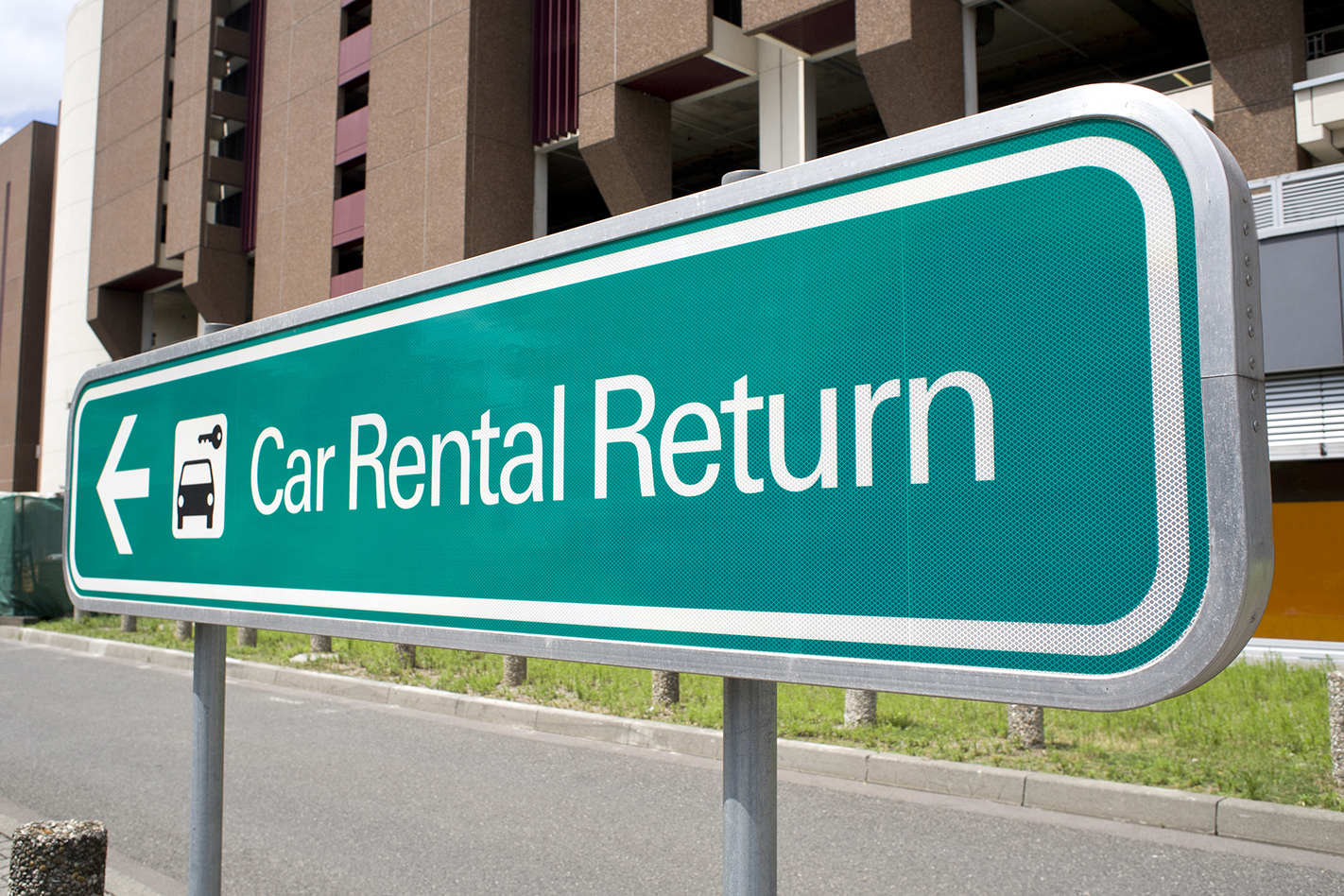
After paying up front you then have to make a separate claim to the insurer – and we all know how difficult that’s going to be.
This is where you need to be organised and ensure you keep all supporting documents such as rental company paperwork, police reports and damage evidence.
In my case, because the damage was so minor and no other vehicles were involved, I had no documentation to provide the insurer apart from the rental company’s invoice and receipt.
I also made the mistake of not taking or asking for pictures of each damaged item to send to the insurer. This meant my claim was very light on detail resulting in a ‘please send more info’ email that’s difficult to do now I’m back in Australia – in my defence getting organised isn’t easy when you’re in the middle of a vigorous debate about the extortionate cost of such minor damage – and you have a flight to catch.
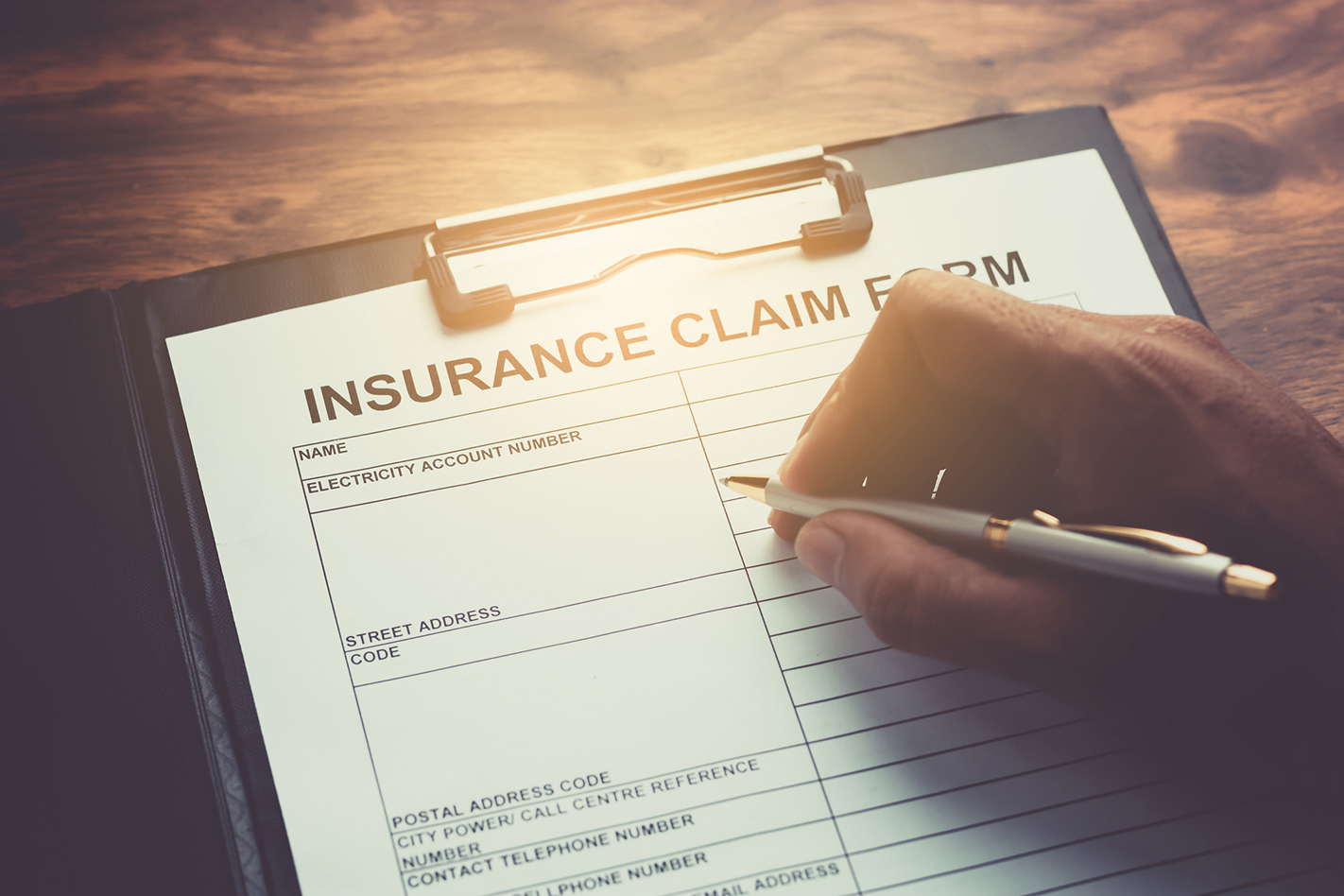
Another issue with taking out separate insurance is that the policy might not cover the additional costs the rental companies charge such as loss of use, diminished value or the admin fee. And you may also not be covered for driving in certain conditions or places, so always read the small print before relying on such coverage.
While it’s expensive tacking out the CDW as part of the rental coverage, it’s the least complicated option despite the extra cost. That said, you can keep the cost down by opting to pay more excess.
Just be sure to have some kind of coverage. And don’t make a risk assessment based on actually being involved in an accident, as it only takes a couple of minor scrapes and scratches to cost you the price of an air fare or more.
Car renting tips
- Choose a car that will suit your mission and conditions. Don’t pay extra for an SUV if there are only two of you and you’re driving through narrow European streets. Alternatively, squeezing the family and luggage into a Citroen C3 is a good way to ruin a holiday.
- Check if the country you’re driving in requires an international driving permit before you get there.
- Take out some kind of CDW, and read the small print to know what you’re covered for.
- Make sure your travel insurance has public liability cover for third party damage such as injury and property damage.
- Have a checklist ready in case something happens to the car to help you remember to collect documentation such as invoices and receipts of all rental company costs, pictures of any damage, and police reports.
- When picking up the car don’t rely on the rental firm employee to point out any existing damage. Have a good look around yourself and even get down low to look at bodywork under the bumpers and doors. Also look inside at the condition of the seats, floor carpets and inside the boot space.
- Have another look around before returning it.
- If you have a smartphone but no global roaming, use apps like maps.me that allow you to download maps for GPS navigation without a phone signal.


